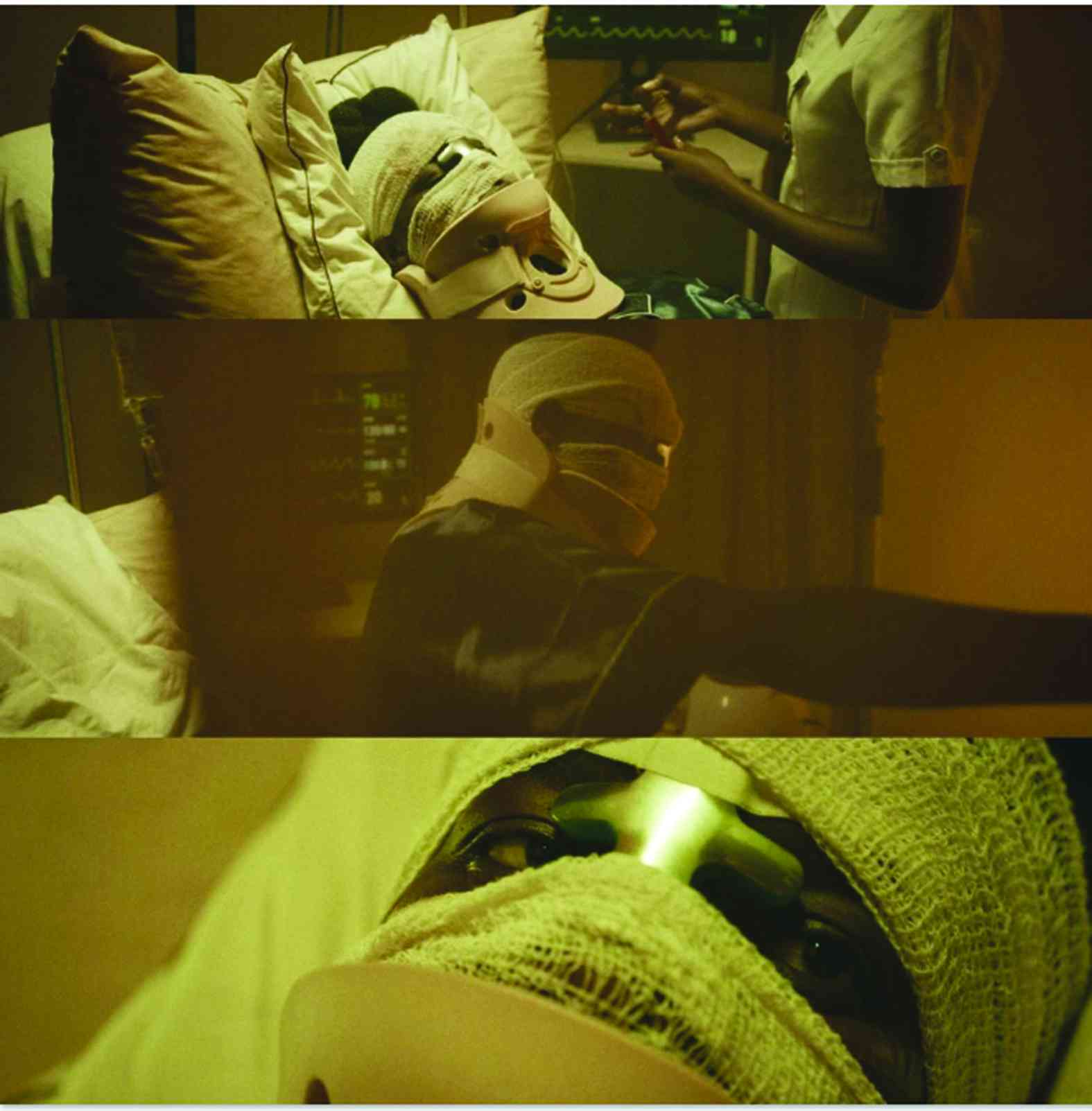
SINCE its formation in 1999 the MDC has split a number of times, that is in 2005 when then secretary general Welshman Ncube and others formed another MDC, as they differed with leader, Morgan Tsvangirai over participation in Senate elections.
Silas Nkala
In 2014, another split occurred when then MDC-T secretary-general, Tendai Biti and deputy treasurer-general, Elton Mangoma pulled out of the party to form MDC Renewal which later split into two groups, one led by Biti, which became People’s Democratic Party and another led by Mangoma, called Renewal Democrats of Zimbabwe.
The PDP has also further split into two with the new splinter group being led by Lucia Matibenga.
From the MDC’s formation and in all the splits that have happened in the MDC and PDP, Sengezo Tshabangu, who was at some point MDC chairman for Matabeleland North, has been there.
He is now the PDP (Matibenga) national organiser and Southern Eye Reporter Silas Nkala (SN) caught up with Tshabangu (ST) who opened up about his political life: Below are the excerpts of the interview.
SN: When and why did you join politics? ST: I joined politics in 1999 at the formation of the MDC. I joined because I was troubled by the exclusionary politics practised by Zanu PF, as well as the lack of development of the Matabeleland region, where I come from.
SN: You moved out of the MDC with PDP leader, Tendai Biti and others and now you belong to the Lucia Matibenga-led PDP, what has prompted these decisions?
- Chamisa under fire over US$120K donation
- Mavhunga puts DeMbare into Chibuku quarterfinals
- Pension funds bet on Cabora Bassa oilfields
- Councils defy govt fire tender directive
Keep Reading
ST: My decision to leave the MDC-T in 2014 to form the MDC Renewal with like-minded colleagues was informed by the desire to have leadership renewal and also running away from the violence, which was becoming endemic as well as the lack of respect for the party’s constitution.
I did not leave the PDP, but president Biti, in his wisdom, decided to abandon the PDP to rejoin the MDC-T under the same conditions that had led to us leaving that party.
In the absence of both the president and the deputy president after they joined the MDC-T, the most senior person was the national chairperson, madam Lucia Matibenga, who was constitutionally elevated to president of the PDP.
In all these transitions I have been guided by my respect for values and principles of social democracy and the adherence to constitutionalism.
SN: What is your position in the PDP?
ST: I am the national organising secretary.
SN: How do you assess your political potential with the PDP considering the fact that some critics see the party as tribal and weak in terms of grassroots support?
ST: PDP is a national party, with full structures countrywide. It enjoys wide-ranging support and appeal from all corners of Zimbabwe.
We have the ability and strength to contest and win a number of constituencies countrywide. PDP is not a tribal party as evidenced by the national outlook of its top and middle-tier leadership that comes from all regions of Zimbabwe.
Our president Lucia Matibenga comes from Midlands and leads a team of astute women, youth and men from across Zimbabwe.
SN: PDP is one of the members of the People’s Rainbow Coalition, what is your position in the PRC?
ST: I am the deputy national chairperson for mobilising and programmes and the deputy national taskforce leader for Matabeleland North in the PRC.
SN: The elections are around the corner and it appears your party PDP and your coalition PRC are not visible on the campaign trail, what is happening, what is your strategy to win?
ST: PRC is visible to the electorate this has been characterised by the ward polling station-based activities that have been taking place for the past months all over Zimbabwe.
Our strategy is people-oriented as shown from our economic blueprint Inclusive Developmental Agenda (Idea).
SN: Do you foresee the PRC wresting power from Zanu PF? ST: PRC will not only wrest power from Zanu PF, for a matter of fact, PRC is transforming from an opposition to a party in government come July 2018 elections.
PRC has a solid foundation base with people from different political backgrounds coming together, which has never been seen in the history of the Zimbabwean politics.
Our PRC presidential candidate, (Joice) Mujuru, represents the past, present and the future.
Moreso, PRC will not win elections alone, as it has been a norm in the past.
PRC will win both elections and power to govern.
SN: PDP and other opposition political parties have been condemned for dining with Zanu PF through a coalition with Mujuru, what can you say about this assumption? ST: It is not a secret that she was once a Zanu PF member, the first female Vice-President of Zimbabwe. Mujuru is a reformist in the same mould as the late former Prime Minister Morgan Tsvangirai, who hailed from Zanu PF to opposition politics.
SN: What do you make of PRC’s chances in this year’s election?
ST: We are going to win resoundingly because we have programmes and policies that appeal to the masses.
We have a tried and tested presidential candidate with liberation war credentials and experience in government and statecraft.
SN: How far has PRC gone with regards to primary elections?
ST: I am happy to announce that the PRC has developed all-inclusive and robust candidate selection guidelines that all coalition partners are happy with.
A feature of the guidelines is its emphasis on consensus, consensus, consensus.
That process of candidate selection is still ongoing and is all encompassing.
SN: Which constituency will you be contesting for?
ST: I have interests in Matabeleland North and will let the nation know in due course after consultations and the finalisation of the PRC candidate selection process.
SN: Will PRC field candidates throughout the country?
ST: Yes, the PRC is going to field all the 1 958 local authority seats and 210 National Assembly, 60 and all Senate and women’s quota seats.
SN: There are some predictions by prophets making the rounds that Mujuru will win the elections, what is your reaction to that and how does it make the party members feel? ST: While we appreciate the prophecies from men and women of God, we greatly accept and receive the blessings.
This will, however, not derail us from our vision and hard work ensuring that we garner the highest threshold votes for a resounding victory to usher in a PRC people-centred government.
SN: Your parting words Zimbabweans ST: In the midst of the Zimbabwean political turmoil and uncertainties, We at the PRC, with the able leadership of Mujuru, are offering Zimbabwe with a new narrative and solutions to turn Zimbabwe into a fruitful, prosperous and developmental nation.
To all Zimbabweans we appeal for your votes.











